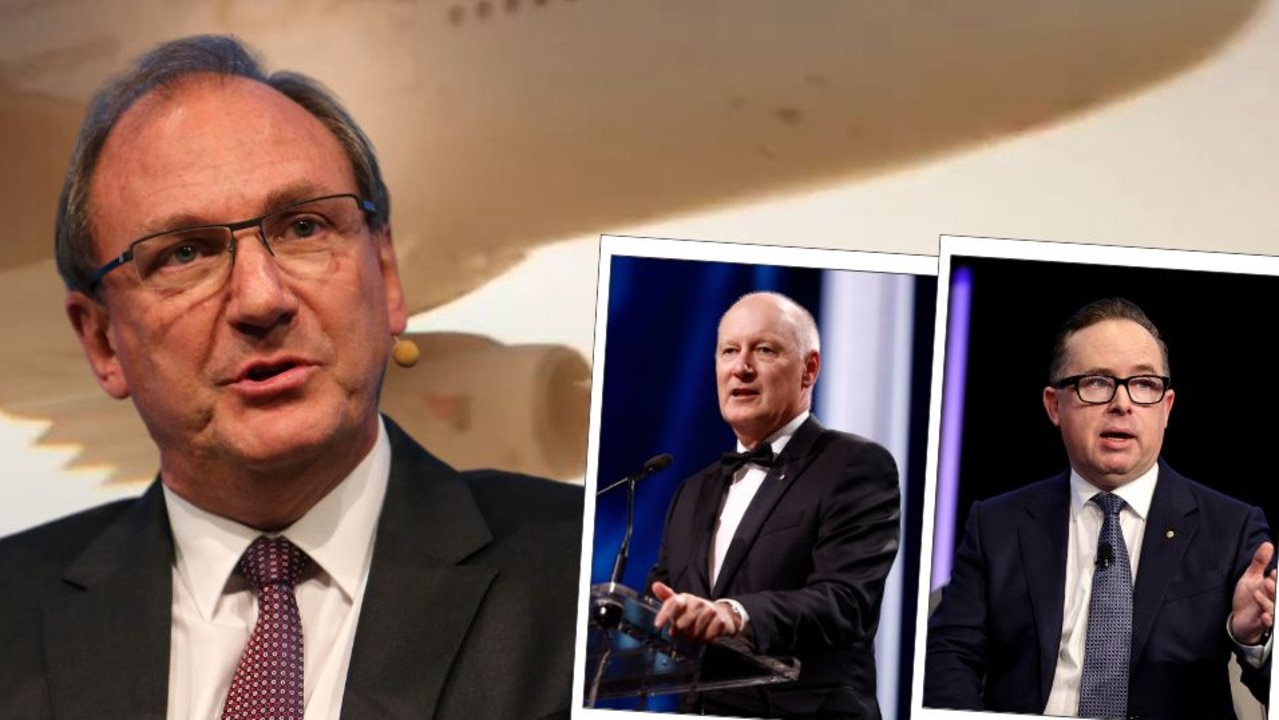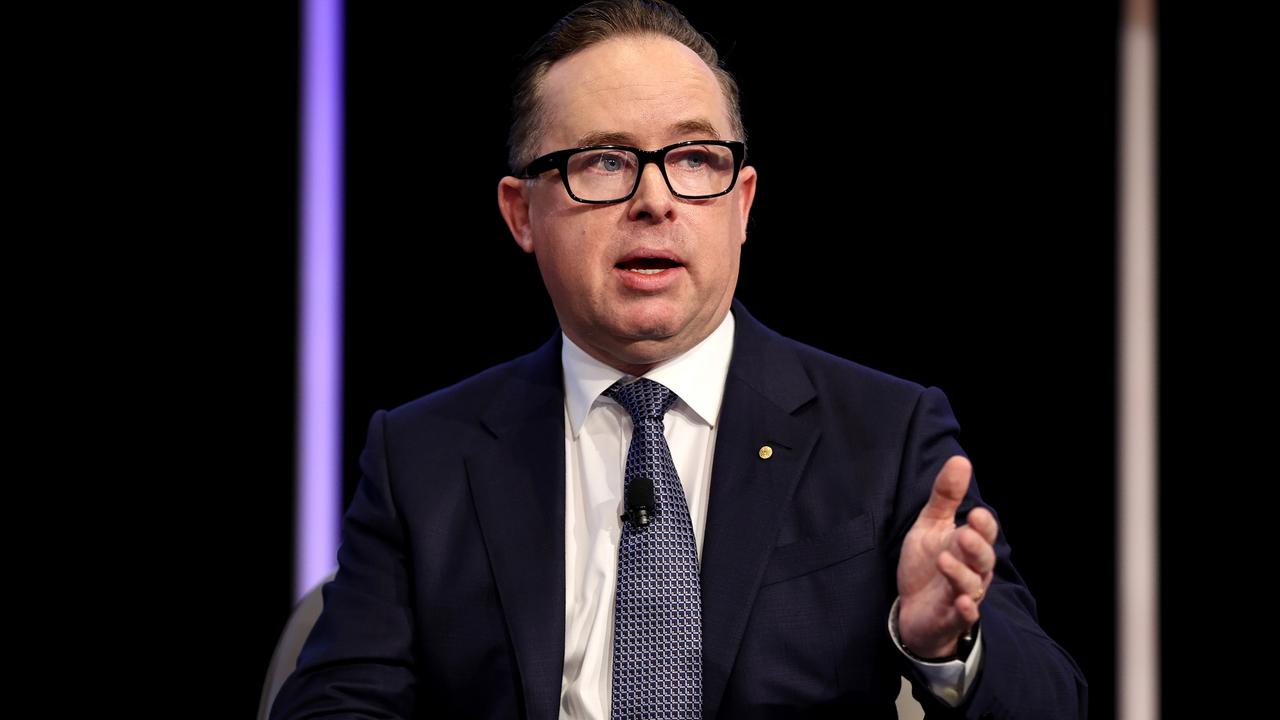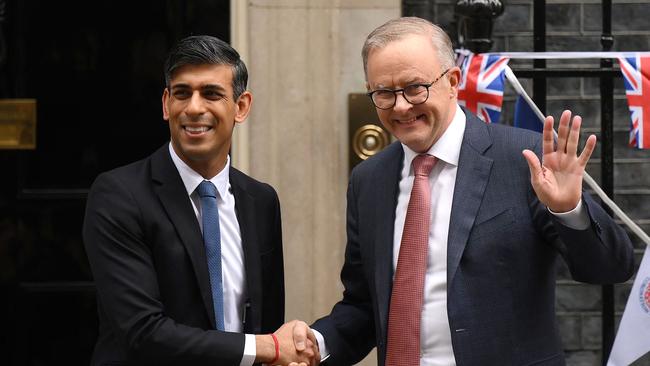
Australia’s $4bn dairy industry shuddered on learning that Trade Minister Don Farrell had interrupted his holiday to travel to Europe to ‘‘save’’ the European free trade negotiations and complete an Australian defence equipment export deal with Germany.
Australian dairy farmers could be easily classified as collateral damage in any EU-Australian trade deal.
Celebrations over the recently negotiated Britain-Australia trade deal, which should deliver major gains for the Australian beef industry, are being tempered by reality – perhaps in light of the Australia’s unpopularity after the Lord’s test.
Australia does not export significant quantities of cheese to Europe and the Europeans not only want to keep it that way, but seek to damage Australian dairy exports to other countries while lowering the productivity of the whole Australian dairy industry.
They have found a way to do it, and also have our beef industry in their sights.
Former trade minister Andrew Robb triggered trade deals around Asia, but he believed that the power of European and British farmers was too great and that Australia that would never make inroads in that area – and might, in the process, damage our prospects of exporting agricultural products to other countries.
Australians find it hard to understand why Europeans don’t want to buy our low-cost, efficiently produced agricultural products.
Instead they prefer to subsidise their high-cost farmers.
On the surface it might make no sense, but for British and European residents this strategy evolved from historic experience.
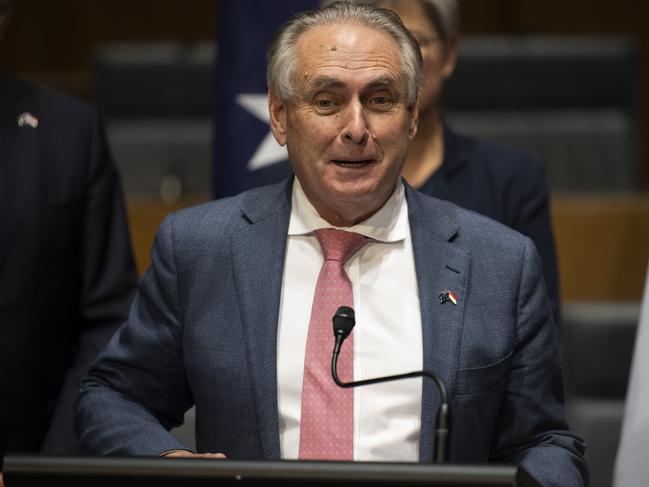
In the 19th century the English set up a global low-cost food sourcing network in the belief that its powerful navy could protect ships carrying food from Australia, India and other countries in the empire.
In World War I, German submarines ravaged that supply chain and the British had to revive their farming industry.
In World War II, Britain’s ability to grow food prevented starvation.
Mainland Europe had not developed its food production sufficiently and starvation became widespread. After the war the European farming lobby became very powerful, with strong community support.
Accordingly, Andrew Robb has refused to take them on.
When he stepped down and the Asian deals were completed, there remained in Canberra an entrenched public-service free trade negotiation skills base who saw a European trade deal as akin to climbing Mt Everest.
Meanwhile, the Europeans have a much wider agenda than simply damaging Australian dairy and agriculture.
Step by step they are exporting the European regulatory system around the world. Any free trade deal with Australia will inevitably become part of that thrust.
In the 20th century migration boom many European farmers came to Australia to develop dairy and make cheeses with European names like feta, parmesan, haloumi and many others.
They also developed the Australian wine industry using the European names of grapes.
The great danger for Australia is that the negotiators will see the likely destruction of smaller enterprises making these cheeses as not all that important in the wider scheme of thigns.
But they have become a vital part of making the Australian dairy supply chain efficient. The Australian industry is becoming widely respected in Asia and any attempt to inflict blows on our manufacturing base so as to boost European dairy exports to Asia is not in the national interest.
But that’s just the start of the European regulation export campaign.
When it came to the British free trade deal, there were great celebrations in the beef industry when we secured an increased quota for Australian beef exports that would rise sharply over the coming decade.
Farmers saw a potential return to the glory days of exports to Britain. Many countries, including China, do not want beef where hormones have been used to stimulate growth.
In our exports of beef to China we provide an industry declaration and testing system that involves farmers and meat processors.
The Europeans take that one step further and require every farm to be registered.
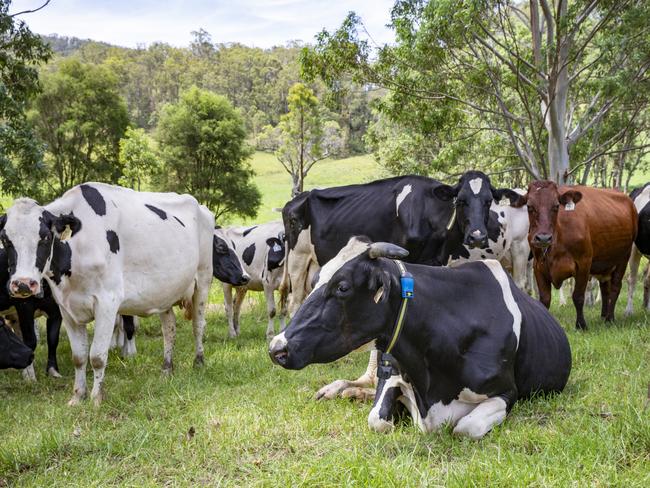
In the British free trade agreement we did not complete the negotiation as to which system would be used and it’s no surprise that, to date, the British are using the European system. The negotiations are proceeding.
Meanwhile, another European regulatory front is opening up to hit non-European agriculture.
At this stage the details have not been hammered out but if agricultural products are grown in areas that were once forested they will be subject to restrictions.
Depending where the cut-off point is declared, large areas of Australian agriculture will be affected.
We might find that this will creep into other trade deals we have done.
Australia’s problem is that we see free trade deals as boosting the areas of the Australian economy where we are very low-cost producers and we see ourselves is benefiting the world.
But other countries don’t always see it that way and we have to understand that Europeans have a much wider area of ambition.
I suspect Andrew Robb was right. But meanwhile, the detail in any European free trade agreement becomes vital.






